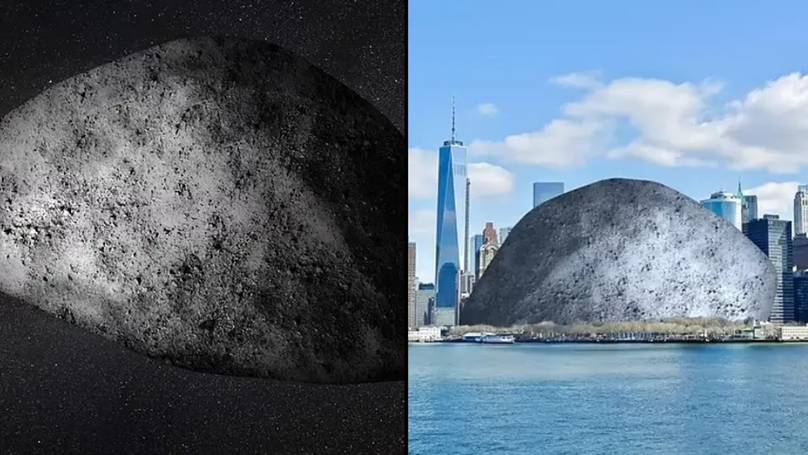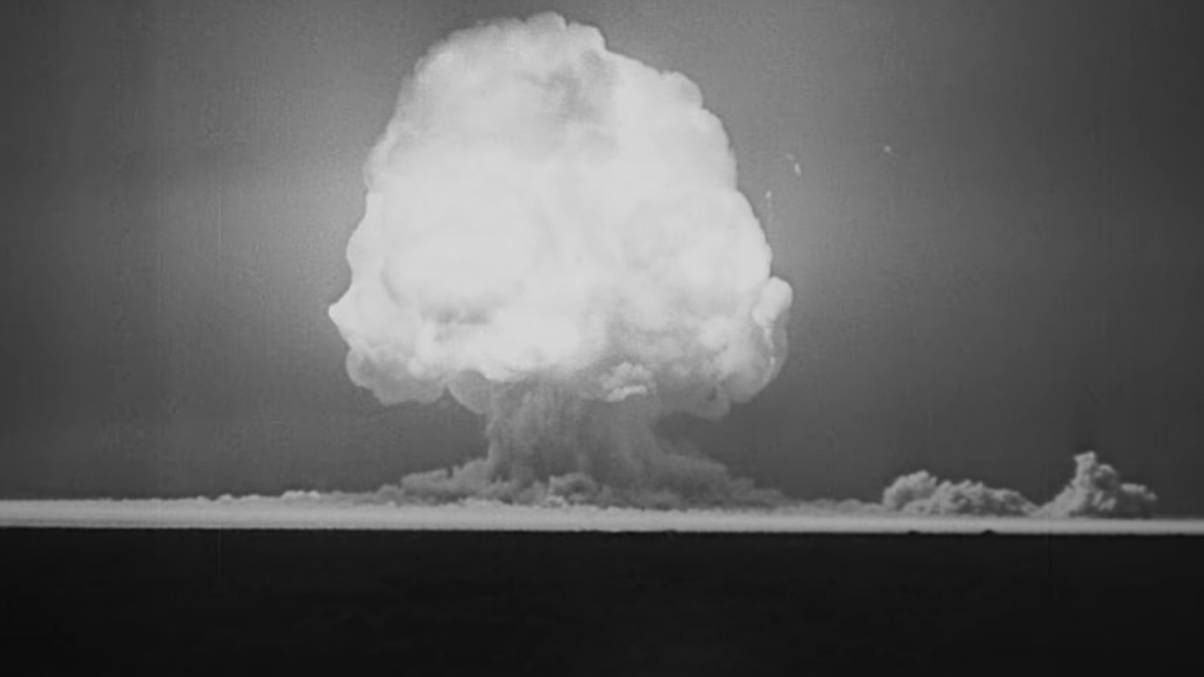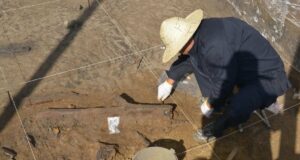“Will the God of Chaos Unleash Cosmic Mayhem as It Dares to Skim Past Earth?”
You’ve probably heard whispers about this hulking asteroid aptly dubbed the ‘God of Chaos,’ and let me tell you, it’s about to pass by Earth—closer than your favorite satellite! Set to make waves in April 2029, this cosmic behemoth, formally known as 99942 Apophis, is at least 340 meters wide, which is basically the size of a small stadium. Named after the Ancient Egyptian god of chaos and destruction, one can’t help but wonder—did ancient civilizations have a peek into the future? Fear not, despite the ominous moniker, scientists assure us that the odds of it causing an apocalyptic scene are incredibly slim. Still, the mere thought of a chaotic asteroid buzzing by adds a certain thrill, doesn’t it? Looking ahead, let’s unwrap the details about this celestial event and what it might mean for us. Want to dive deeper? LEARN MORE.
You might have heard that a honking big asteroid known as the ‘God of Chaos’ is heading our way and it’s going to get closer to Planet Earth than some satellites.
Now scientists reckon that its fly-by could cause a major reaction.
What is the ‘God of Chaos’ asteroid?
The ‘God of Chaos’ asteroid is at least 340 metres wide and is scheduled to fly closer than we would like to Earth in 2029.
The asteroid’s actual name is 99942 Apophis, and is named after the Ancient Egyptian god of chaos and destruction. Not foreboding at all.
This is where the ‘God of Chaos’ nickname comes from, though the chances of it wreaking destruction upon our planet are incredibly low.
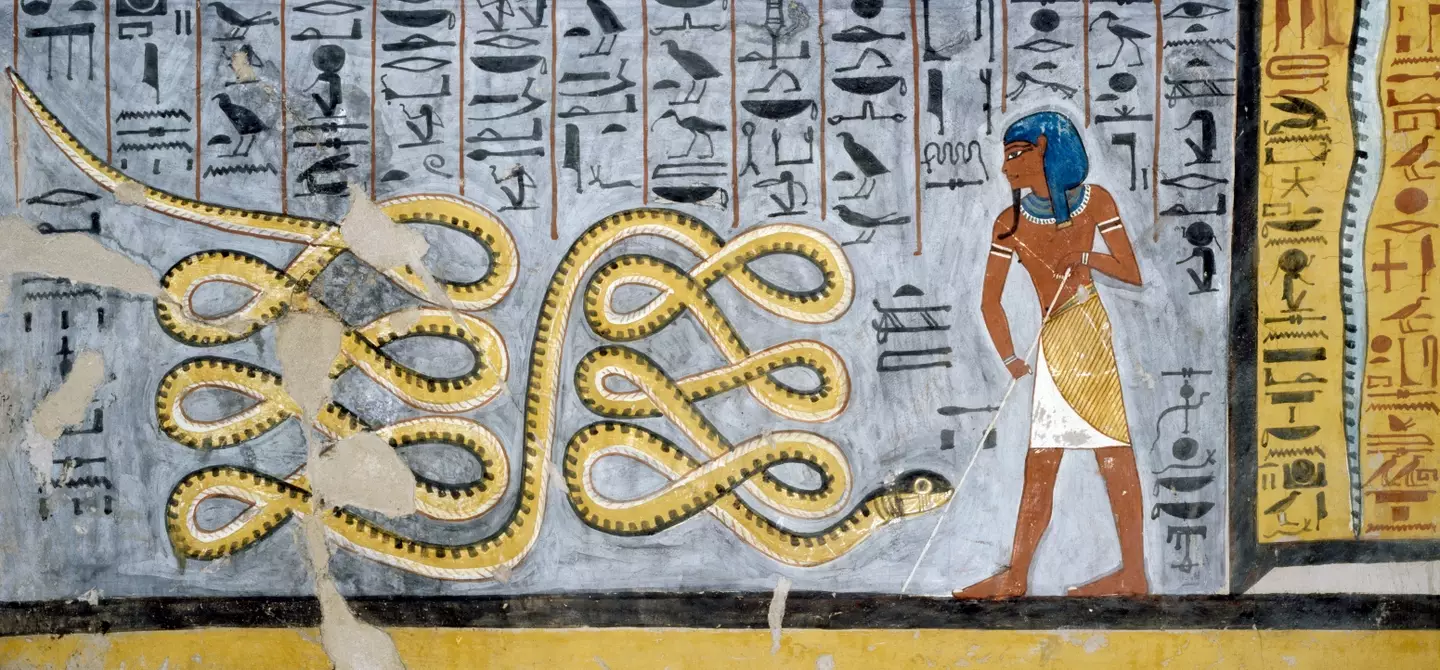
The asteroid is named for an Ancient Egyptian god of chaos and destruction, depicted here as a big snake getting thoroughly tonked by Atum. (DeAgostini/Getty Images)
On its current trajectory, the asteroid is not expected to hit Earth and scientists have calculated that the chances of the ‘God of Chaos’ hitting something else on the way here and being redirected into our path is pretty low.
About one in two billion to be precise, so it’s probably not going to happen and we’re unlikely to end up as unwilling participants in a real-life rendition of Don’t Look Up.
When will the ‘God of Chaos’ asteroid fly past Earth?
Experts believe it’ll pass harmlessly by our planet on 13 April, 2029, coming within about 32,000km (which is actually closer than some satellites) of the little rock where we all live but not striking us.
The opportunity for this asteroid to mess with our day is minimal, but the ‘God of Chaos’ may come to regret flying so close to our planet due to the changes it would go through.
What will happen when the ‘God of Chaos’ asteroid flies past Earth?
Asteroids are normally hit on the regular by little meteoroids, in something called ‘space weathering’, but some of the rocks which fly past planets don’t have rough surfaces.
Asteroid scientist Ronald-Louis Ballouz of the Johns Hopkins University Applied Physics Laboratory wanted to find out why, and he told Live Science that many of the chunks of rock which fly past planets are rather smooth in shape.
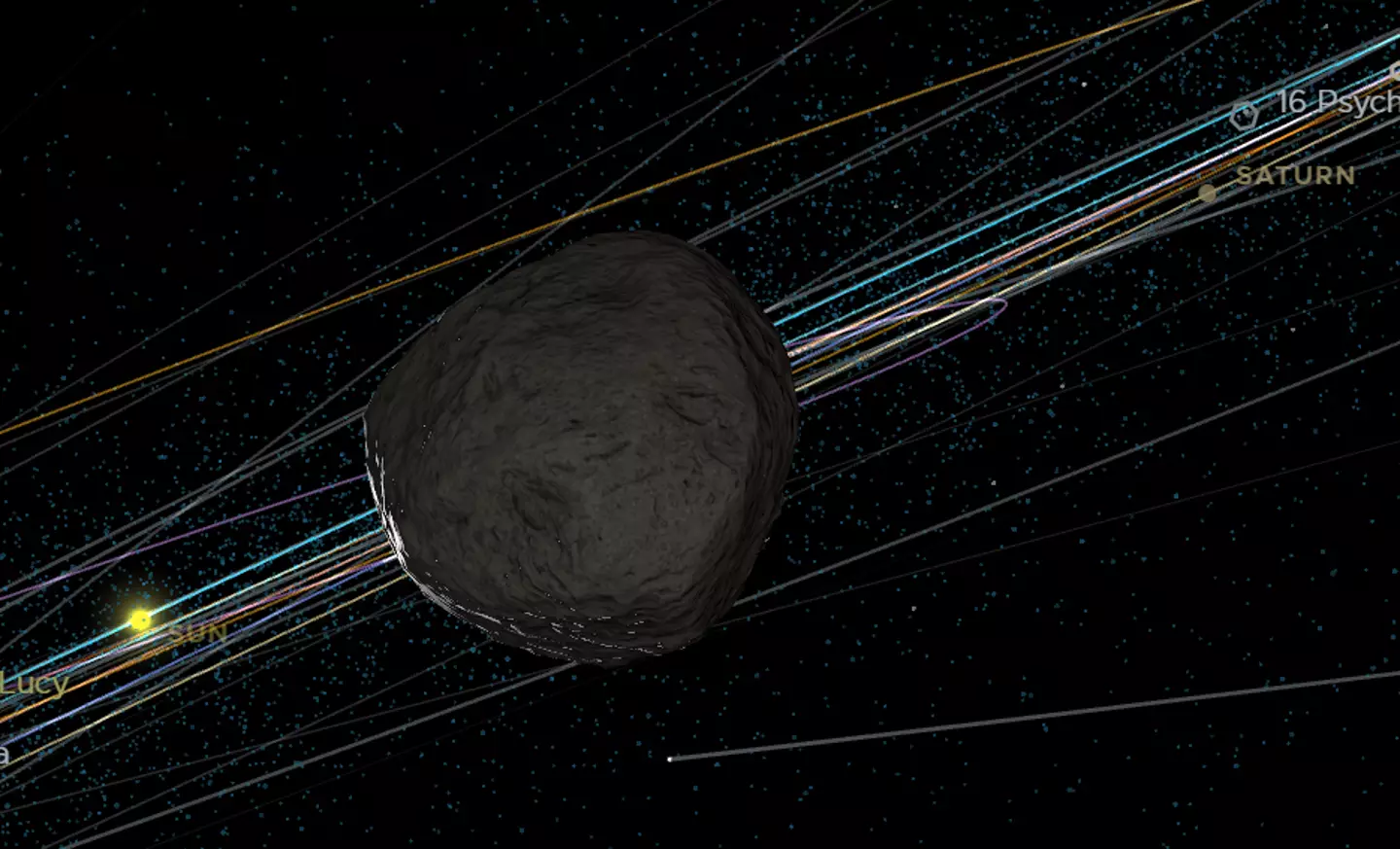
Here it comes… (NASA)
He and a team of experts from around the world created a computer model of the ‘God of Chaos’, modelling it after other asteroids we know about, and simulated what would happen to it as it hurtled past Earth.
It seems that our planet’s gravity could cause quakes on the asteroid that pick up boulders and slam them back down onto the surface again, creating new patterns and potentially breaking up old ones to make a smoother surface.
Ballouz told Live Science: “Apophis’ gravity is about 250,000 times smaller than Earth’s. So, we think that events of much smaller magnitude could plausibly shake things up on its surface.”
Coming close to our planet may also cause the ancient asteroid to spin differently, as the speed of its rotation might be affected by our planet’s gravity as well.
What would happen if the ‘God of Chaos’ asteroid did hit Earth?
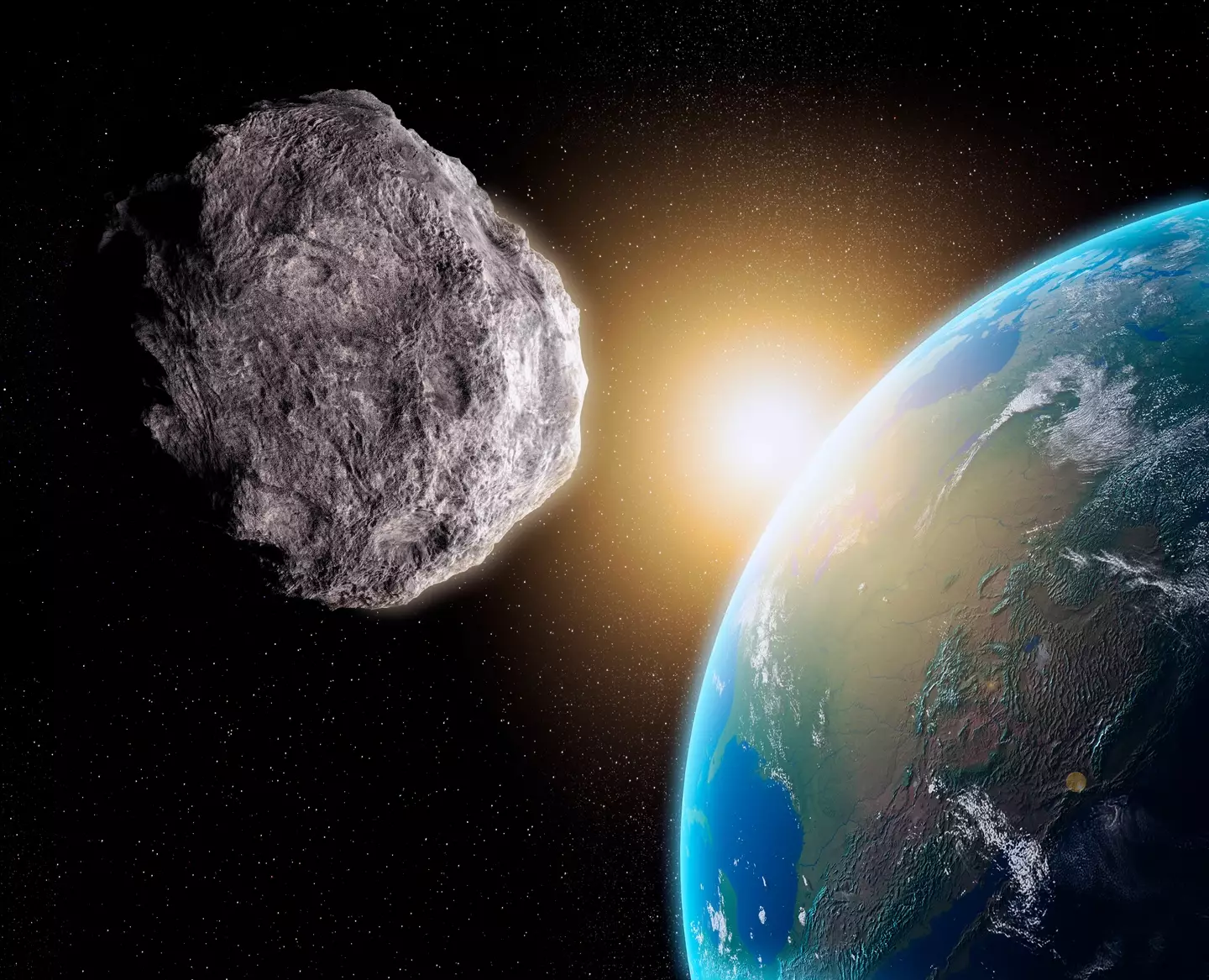
It’s still about four-and-a-half years away. (Getty Stock Photo)
First things first, it wouldn’t be a global extinction event that wiped humanity out on the scale of the dinosaurs.
According to The Planetary Society, given the size of the asteroid it’d cause ‘massive regional destruction’ and ruin the day of anyone living near the impact zone.
However, we wouldn’t be looking at the sort of global catastrophe that would ruin everyone else’s lives.
Even if it did hit Earth, which it very, very likely won’t, there’s a good chance it’d slam down into the sea and not come down inconveniently on a major centre of population.
April 2029 might seem ages away, but the time, like this big asteroid, will simply fly by.
